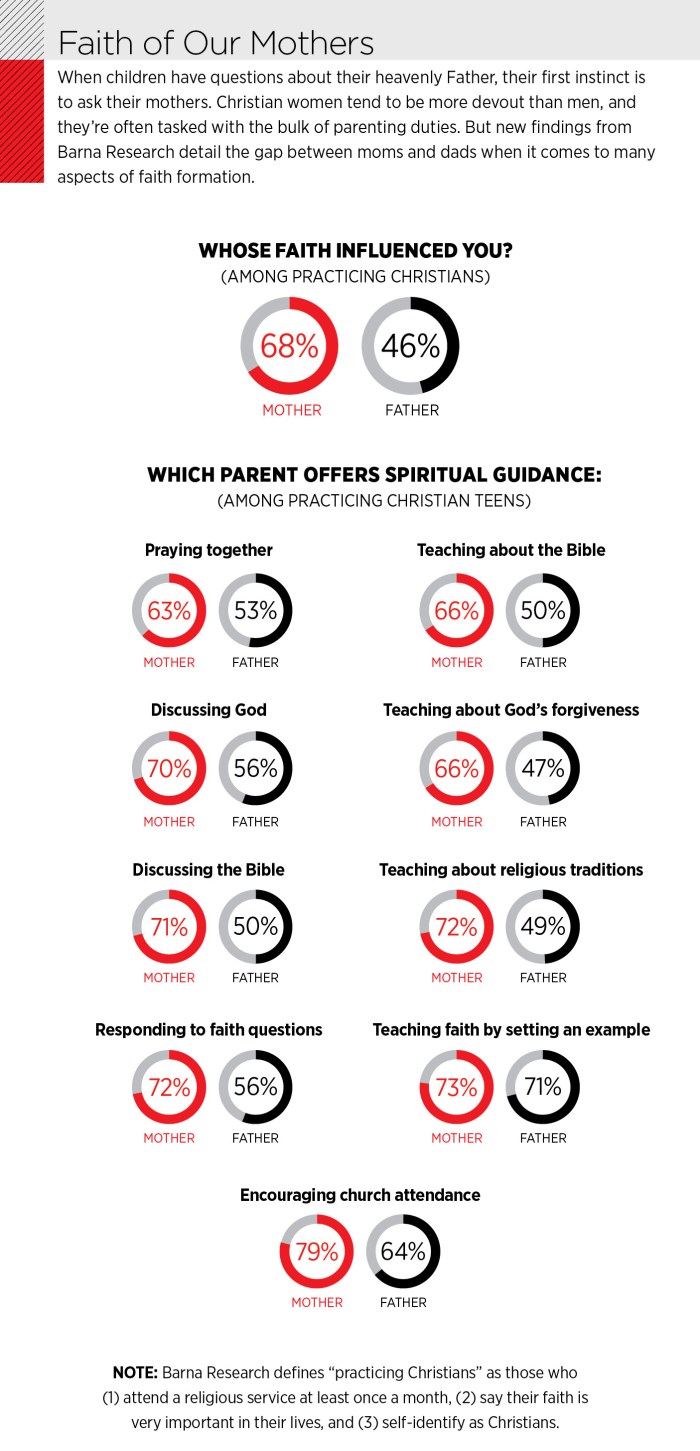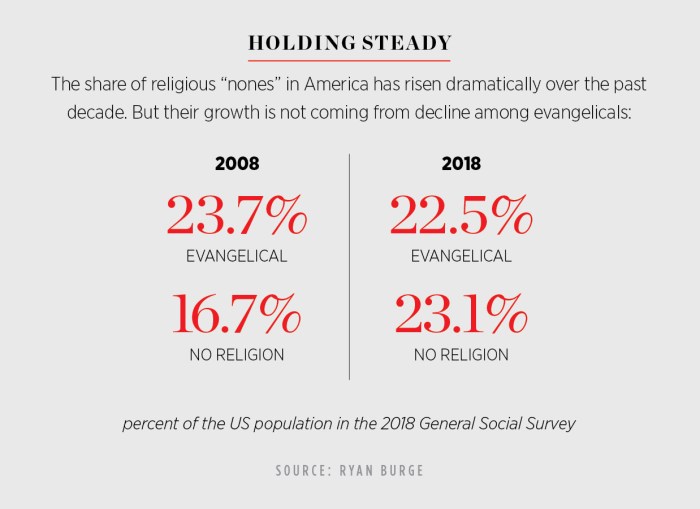LifeWay will close all stores
America’s largest remaining Christian retail chain, Southern Baptist–run LifeWay Stores, announced in March plans to close all 170 locations and end its brick-and-mortar business in 2019 after a decade of financial losses. Competition from Amazon has accelerated challenges for the industry, with Family Christian Resources closing its 240 stores after bankruptcy in 2017. Outgoing LifeWay president and CEO Thom Rainer said the ministry did “all we could” to save stores. The company will continue to sell materials on LifeWay.com.
UMC upholds traditional marriage stance
After the United Methodist Church (UMC) voted to maintain its official position against same-sex marriage and non-celibate gay clergy during a special session of its General Conference in February, its judicial body planned to meet this spring to address the implications for clergy who violate those positions and churches that leave as a result. America’s largest mainline group has long been divided on LGBT issues, and this year’s decision split the delegation, with 53 percent in favor and 47 percent opposed. The denomination’s growing international membership holds more conservative views on sexuality.
Gospel for Asia reaches $37M settlement
Gospel for Asia (GFA) will refund $37 million to 200,000 past supporters in order to settle a class-action lawsuit alleging that the missions organization applied just 13 percent of donations to fieldwork. A ministry spokesman stated that GFA “did not act fraudulently, and all the donations they received made it to the field.” GFA also shifted seats on its board and added a subcommittee to file reports to the court. Unclaimed funds will go to Samaritan’s Purse and four other ministries.
UK uses violent Bible verses to deny asylum
An Iranian convert was initially denied asylum in the United Kingdom because an immigration official challenged his claim that Christianity was a “peaceful” religion, citing verses from Leviticus, Exodus, and Revelation. The Church of England condemned the decision as “a profound misunderstanding of the texts,” and the government pledged to review his application again. For years, officials have used confusing Bible questions to test Christians from Muslim-majority countries. The Iranian Christian population in England continues to grow, with the Anglican church launching an official liturgy in Farsi in March.
Another Beijing house church banned
Shouwang Church was raided and shut down in March, the fourth prominent congregation in the past year targeted under China’s crackdown on unregistered churches. Leaders of the 1,000-person Beijing house church plan to adjust locations so Shouwang can continue to meet, as it did when it lost its building due to government pressure in 2011. Meanwhile, the head of China’s official Protestant church endorsed plans to reduce Western influence on religion and make it “more Chinese,” also known as sinicization. Some pastors say party efforts to exert more control over religion could be used positively to bring more cultural context to churches.
Azusa Pacific drops LGBT relationship ban, again
A new student code of conduct at Azusa Pacific University (APU) does not include specific restrictions on same-sex relationships in an effort to apply “uniform standards of behavior for all students,” who are prohibited from sex outside of marriage. The California Christian college had dropped its ban on “romanticized” same-sex relationships last fall, only to reinstate it days later at the direction of its board. “APU is an open-enrollment institution, which does not require students to be Christian to attend, and the handbook conveys our commitment to treating everyone with Christlike care and civility,” provost Mark Stanton stated. The school continues to uphold a traditional view of marriage.
Cuban Christians unite against new constitution
Evangelicals in Cuba flexed unprecedented political muscle in a controversial campaign opposing a constitutional referendum in February that would have been more permissive of same-sex marriage. The historic unity among Cuba’s Methodists, Baptists, and Pentecostals—which included banners, flyers, and a petition with 178,000 signatures—resulted in pushback from the island’s Communist government, which labeled them enemies of the state and threatened to imprison pastors for not supporting the changes. Though the referendum passed (without the marriage changes in an earlier version), it did not garner the near-universal approval of previous constitutions.














